Two Spirit – What is it? What does it mean?
 Two Spirit flag
Two Spirit flag
History
1450–1620
As the Canadian Encyclopedia explains, the concept of Two Spirit was already present in many Indigenous cultures even before the colonization of North America. With each language having its own variation of the term, it was generally used to refer to those who transcended gender roles or manifested sexual attraction towards the same sex. It also designated fluctuations in gender identity and other spiritual aspects.
Maybe the most interesting aspect of two spirited people back then was that they were often important, respected members of their communities. Given how significant spirituality was for their people, two spirit individuals were seen as fountains of health, knowledge, and even supernatural ability.
1620-1990
The Europeans’ first encounters with two spirit people were translated into fascinating historical records. According to the Winnipeg Free Press, circa 1801, the explorer Alexander Henry described a two spirit person named Ozaawindib as “a curious compound between a man and a woman. He is a man both as to members and courage but pretends to be womanish and dresses as such.”
In these documents, the word berdache was used to reference two spirit individuals. This term was traditionally used for same sex relationships with an age gap, but later turned into the designation for two spirits. With time, it grew into a disrespectful reference to gay men.
In the 19th century, many Indigenous traditions were suppressed by the efforts of colonization and religious missions, which naturally affected recordings of the two spirit community.
1990 to present day
The year 1990 marked an important milestone in the two spirit history. In the efforts of replacing the outdated and offensive term berdache, Albert McLeod presented the actual wording two spirit at the Intertribal Native American, First Nations, Gay and Lesbian American Conference in Winnipeg.
Although this intervention helped shape how this historical concept is perceived and referenced in present times, the new terminology has not been completely acknowledged. Some argued that it meant stepping on already existing terms used by different groups of indigenous peoples. Still, two spirit prevails as the most generally accepted wording in current days.
Controversy
According to the Encyclopedia of the Great Plains, two spirit people suffered particular repression and injustice from 1850 until 1887. The homophobia and transphobia promoted by western culture attempted to eradicate ancient beliefs about two spirit people in indigenous communities.
In the Reservation Era, two spirit people, at the time referred to as berdaches, were condemned and forced to perform labor duties and dress according to their biological sex. At young ages, two spirit people were greatly punished in Indian boarding schools. Thankfully, courageous berdaches confronted these measures – one of them was Osh-Tisch.
The injustices committed against the two spirit people in indigenous communities generated intense historical trauma and led to the loss of many important cultural aspects related to two spirits, as Harlan Pruden and Se-ah-dom Edmo analyze in their essay “Two-Spirit People: Sex, Gender & Sexuality in Historic and Contemporary Native America.”
This historical baggage explains the contemporary need to adopt a new designation, replacing the anciently abusive term berdache. But is two spirit really generally recognized?
Public acceptance of the new name
Berdachewas replaced with the purpose of reinventing respect and appreciation for the two spirit people, but it was also meant to consolidate the concept, which goes by different words or expressions in many different indigenous languages.
Not all cultures have the same understanding or description of two spirits. Naturally, this has been both an advantage and a disadvantage of the creation of this general wording. On the one hand, it brings together two spirits from most indigenous communities; on the other hand, it steps on these differences, forcing diverse traditions in the same classification.
Flag and Symbols
There are several known two spirit flags/symbols, but none of them are official.
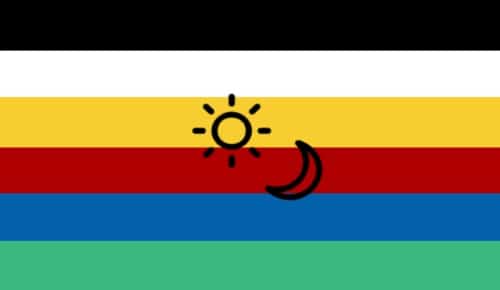 Two Spirit flag
Two Spirit flag
A Tumblr creator who goes by the name of miigwan came up with a flag design in which, in their own words, “the sun and moon represent feminine and masculine spiritual role models.” Besides the symbols, the flag highlights other two spirit elements through vivid tones – black representing the body and white representing the mind; yellow standing for emotion and red standing for spirit; blue for water and family, green for health and trust.
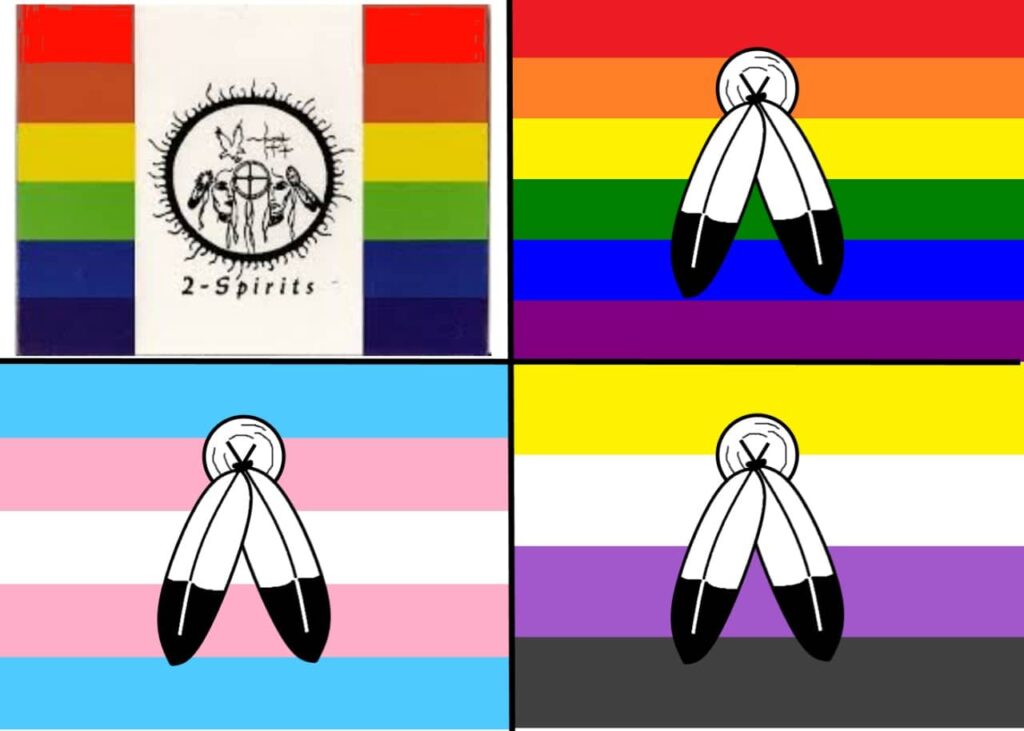
Several other designs belong to ask-pride-color-schemes on Tumblr. They mostly consist of the symbol of two feathers, which stands for femininity and masculinity joined together, being placed over the transgender, gay and non-binary flags.
The same source references a Youtube video from the Thunder Pride Parade in 2015, where Ma-Nee Chacaby explains her own design of the two spirit flag. In the center, a two spirited person is surrounded by four colors, including the symbol of the beaver clan (the creator’s clan). Apart from the center section with these features, the flag resembles the LGBTQ+ rainbow.
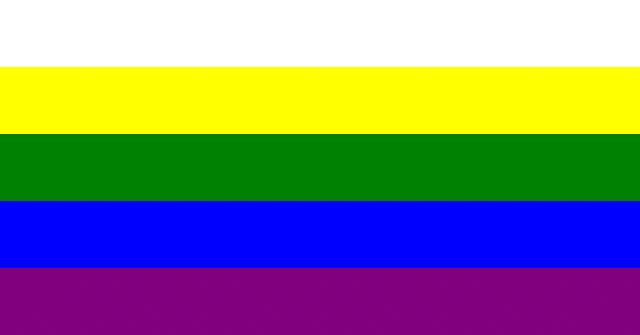 @sirieko Two Spirit flag
@sirieko Two Spirit flag
Sirieko showcased their own contribution on Twitter, in which the color meanings vary from the other designs. White stands for two spirit LGBTQ+ people, yellow represents happiness, light, and the connection with our predecessors, dark green for earth and family, blue for grace and insight, and purple standing for the alliance of the spirit and the world.
Pronouns
In a personal article, Geordy Joseph Marshall writes about his/her experience as a two spirited person. As his/her identity consists of both feminine and masculine forces, it only makes sense that the appropriate pronouns are both she/her and he/him.
Curiously enough, another article on WordPress tells the story of a two-spirited child who feels that they are neither female nor male. For that reason, “they” is the pronoun the two spirit youngster prefers to use.
Conclusion? The pronouns Two Spirit people use differ according to their feelings or even the understanding they have of their own gender expression. As always, it’s safer to ask than to assume.
Are two spirit people part of the LGBTQ+ community?
Two Spirit is an indigenous conception that was born in a completely different context than the terms gay, lesbian, transgender, or even the LGBTQ+ denomination. But this doesn’t mean that the two spirit concept necessarily opposes the LGBTQ+ community – it just means that it serves as its own category.
Two spirited people can also identify with the LGBTQ+ family, but they link their gender identity or sexual orientation to native American cultures. Identifying with the two spirit designation naturally implies the existence of roots from the native American first nations and their traditions.
Another interesting distinction is that, for the LGBTQ+ people, gender identity is very different from sexual attraction, whereas, for the two spirited people, these two aspects of one’s personality easily converge in the same denomination.
Are you a Two Spirit person?
As Sheldon Shalley mentions on his blog, being two spirit is more related to the person’s intimate spirituality than to their sexual orientation or gender expression. The two spirit concept goes beyond the gender status to reach a deeper understanding of the soul. Gender expression becomes soul expression.
Unlike what typically happens with gender identities and sexual attraction in the LGBTQ+ community, understanding if you are a two spirit person requires looking inwards, rather than weighing your actions, impulses, or even your perception of yourself.
Naturally, being a native American gender identity, two spirits are born from social and spiritual roles within indigenous cultures. This means that identifying with the two spirit community assumes having roots in the native American first nations or having a close connection with native culture.
Supporting the Two Spirit Community
After a long period of silence and repression during the 19th-century colonization process, indigenous cultures are now being increasingly respected and celebrated. Sadly, this rise in visibility and attention has also brought upon the American Indian culture many harmful misconceptions and discriminatory assumptions.
The best way to encourage respect and consideration for indigenous communities and the two spirits is to denounce cultural appropriation and deny that this third gender means the same thing in all indigenous languages and cultures. Native cultures have different descriptions and understandings of two spirit individuals, and assuming the contrary can be dangerous and disrespectful.
The ever-increasing empowerment of the LGBTQ+ community has also promoted the cultural appropriation of Native American elements, namely selling the two spirit label. More than treating it as an alternative gender status, it is necessary to acknowledge that the two spirit gender is part of Native American culture and is not a classification one can simply use to describe their gender expression.
LGBTQ+… or LGBTQ2S+?
LGBTQ2S+ differs from the acronym LGBTQ+ for including the Two Spirit community. “2S” stands for 2 Spirit or Two-Spirit.
As Jila Ghomeshi defends in her article BIPOC or IBPOC? LGBTQ or LGBTQ2S+? Who decides which terms we should use?, labels are like names – we ask a person how they would like to be called, how to spell or pronounce their name, etcetera etcetera. The same goes for categories, or groups, or classifications. The person themselves has the right to choose whether they identify with a designation; it’s not our place to assume they do, just like we don’t assume someone is called a certain way and spontaneously give them a name before asking.
Many Native Americans are proud of being part of the LGBTQ+ genre as two spirited people, but there are also American Indians who associate their gender expressions and sexual diversity with traditions from native North America only. One thing is certain, though: including Two-Spirited people in the LGBTQ+ community can only be a positive thing if the cultural and historical differences between Two Spirits and the LGBTQ+ acronym, as an umbrella term, are acknowledged and respected. After all, Two Spirit is an umbrella term itself, having distinct descriptions and meanings in many indigenous languages.
Notable Two Spirits
Alec Butler
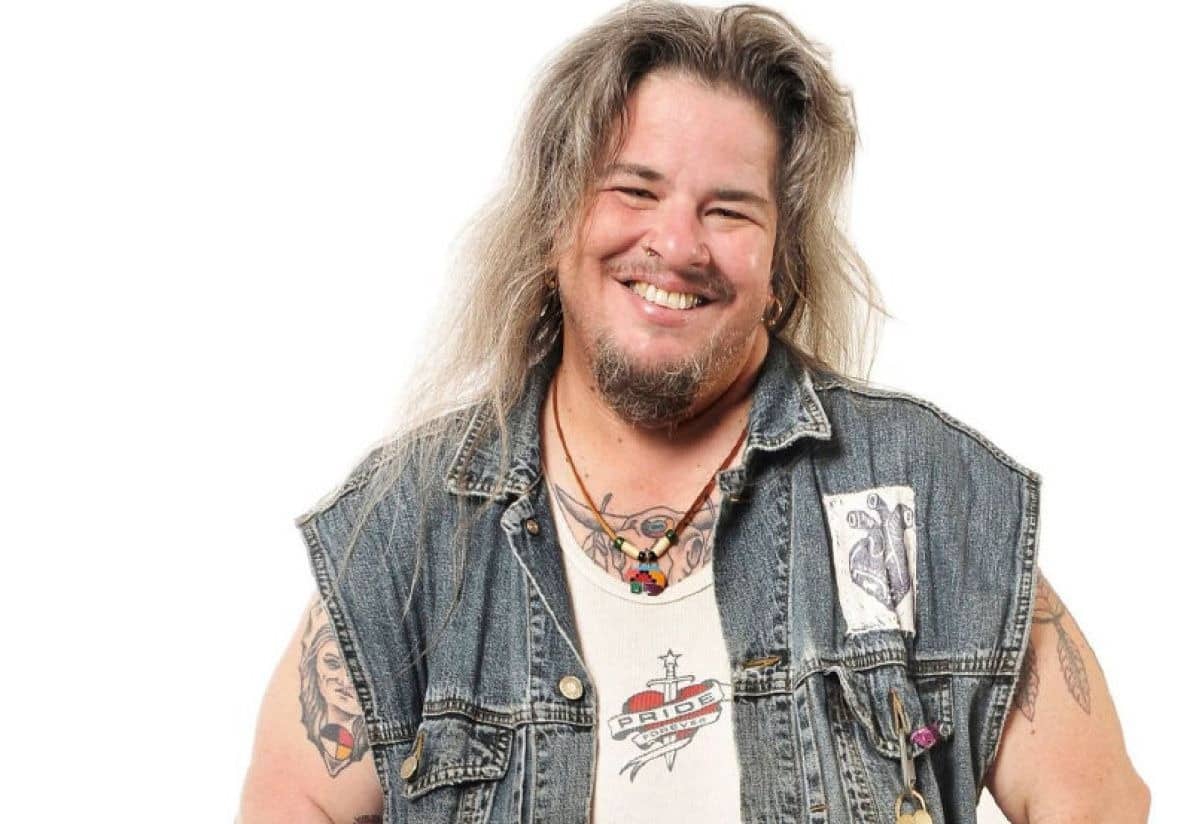
“Does genitals make a person the gender they are? There’s lots of people who are intersex, where they have ambiguous genitalia. How are they going to handle people like that? Does a man who was injured, and he loses his genitals, does that make him less of a man?”
— Alec Butler on The Toronto Star
Born in Canada in the year 1959, Alec Butler is a filmmaker and playwright. Having been born with an intersex condition, Alec initially came out as a butch lesbian and later announced being transgender. Butler’s pronouns of choice are he/him and they/them.
James Makokis
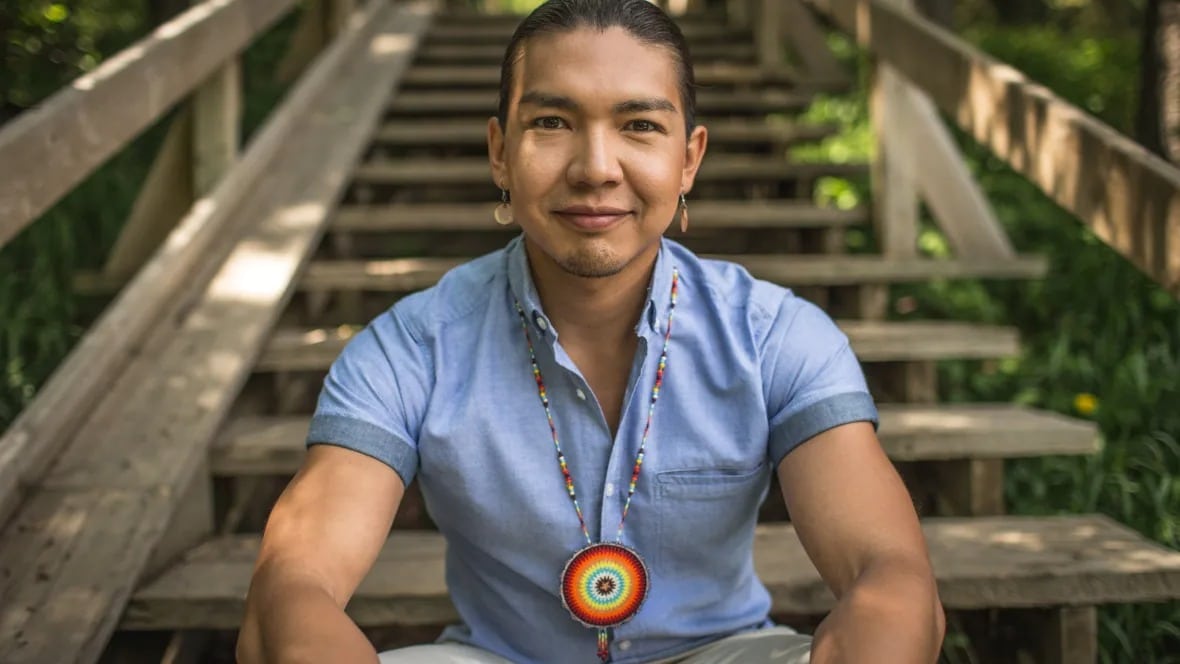
“When I was learning medicine, I always looked at it through a Cree lens and Cree world view”
— James Makokis on the Speakers Bureau of Canada
Designated Canada’s Two Spirit, Diversity, Indigenous Health and First Nation Expert, James Makokis is a Canadian doctor operating in the Enoch Cree Nations in Edmonton, Alberta. Known for caring for transgender people around the world, Makokis received an Indspire award in 2007. He has been married to Anthony Johnson since 2017.
Susan Allen
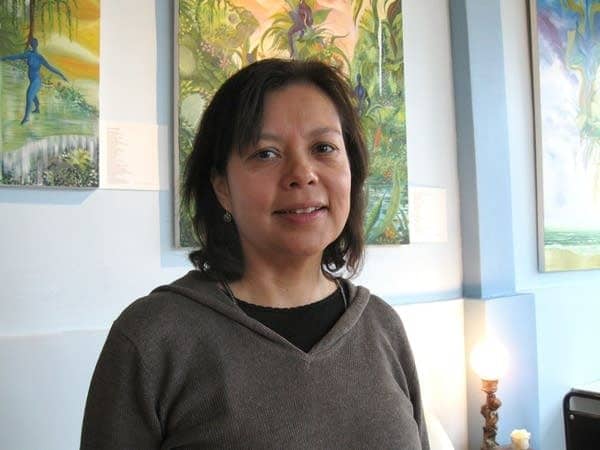
“We would go to a restaurant and you’d just stand there and stand there and wait to be served and so that’s how I learned how to deal with discrimination”
— Susan Allen on MPR News
Born in 1963, Susan Allen is an American politician and attorney, specialized in legal aiding Indian tribes. She was not only the first Native American Woman to be a member of the Minnesota House of Representatives, but she was also the first openly homosexual Native American to be elected to a state legislature.
Chrystos
“Of course it is extremely difficult to like oneself in a culture which thinks you are a disease.”
— Chrystos
The American activist and artist Chrystos was born in 1946 and has since then written several works on women’s rights and indigenous Americans’ civil rights, winning the Audre Lorde International Poetry Competition and being awarded the Sappho Award of Distinction from the Astrea Lesbian Foundation for Justice.
Harlan Pruden
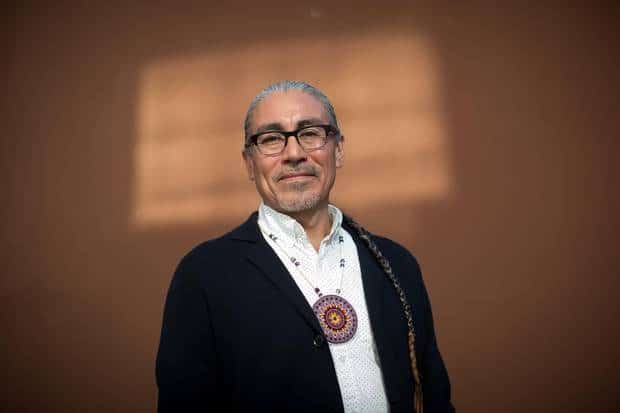
“This PRIDE season, if an organization or company puts forth their “support”, especially the ones that include the all important “2 or 2S” in their statement of support, those words should and must be backed up with actions.”
— Harlan Pruden on Twitter
Pruden is a Canadian Two Spirit and LGBTQ+ activist and scholar from the Cree Nation. He is known for being a reference for the Two Spirit community in Vancouver, where he resides with his husband, as well as in Canada and all over the world.
Ilona Verley
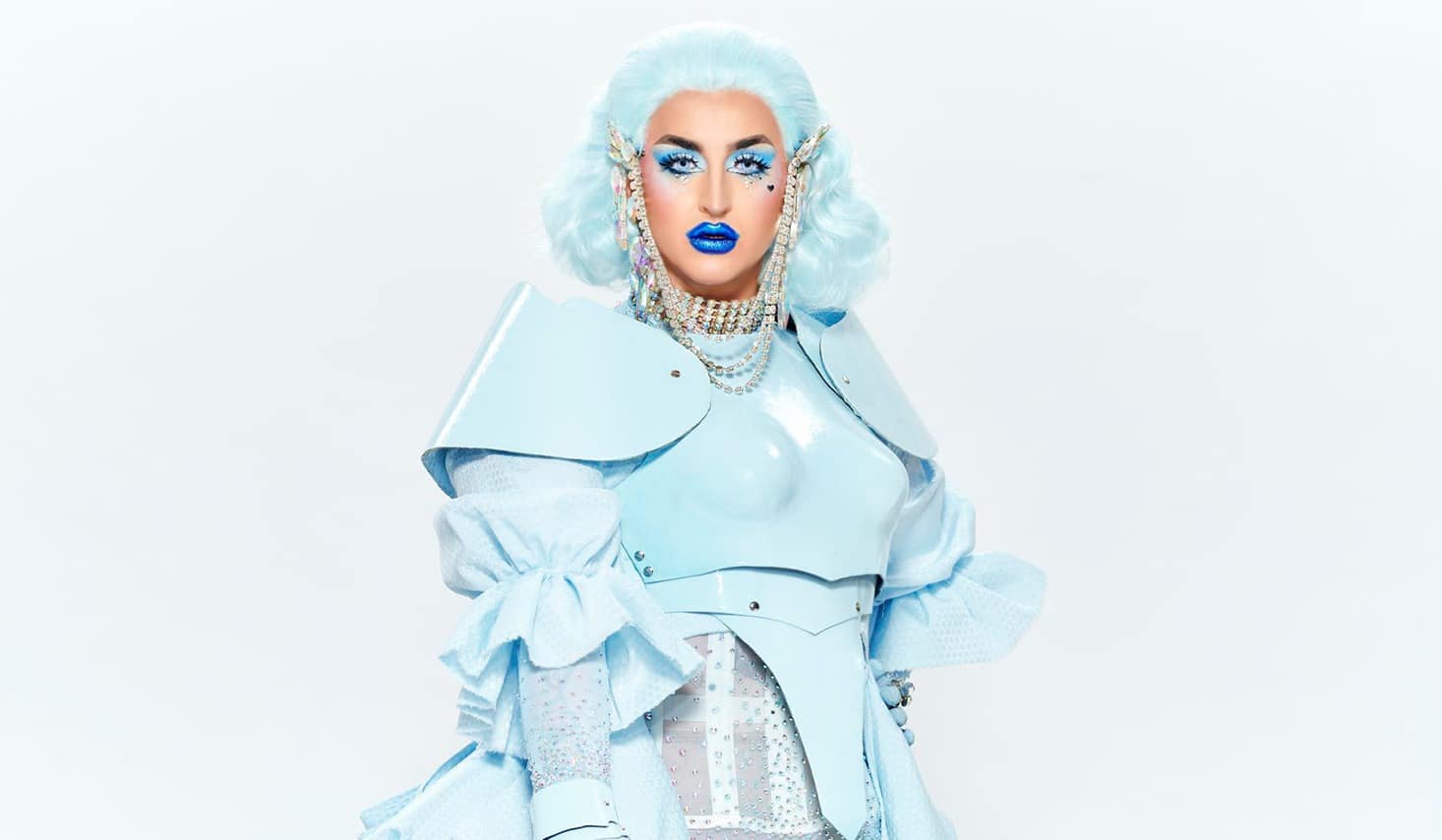
“Being able to vocally stand in my truth is the best gift I could ask for.”
— Ilona Verley on Twitter
Having Canadian-American nationality, Verley is a drag queen artist and performer famous for being a contestant of Canada’s Drag Race in 2019, after which they became the first indigenous and two spirit person to compete in the show.
Jeremy Dutcher
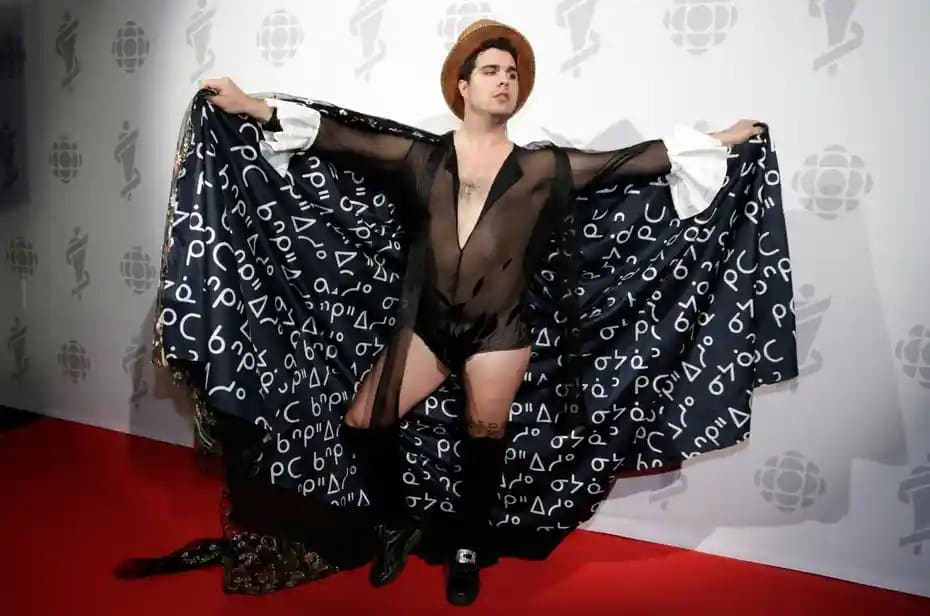
“The days of internalised colonialism are done!”
— Jeremy Dutcher in The Guardian
Born in 1990, Jeremy Dutcher is a multi-faceted talent in the music industry. From composing to performing, the gifted Indigenous Canadian is also an activist for the LGBTQ2S+ people. Dutcher’s works are heavily influenced by his native roots, and his style can be described as classical-jazz-electronic-opera.
Two Spirit Memorial
On North Halsted Street in Chicago, Illinois, there are many rainbow pylons meant to pay tribute to LGBTQ+ history. Together, they make up the Legacy Walk. Inducted in one of the four Historic or Social Milestones, Two Spirit people were included in the tributes in 2012.
Two Spirit Culture in Media
Two Spirited characters were identified in four movies – Little Big Man (1970), Two Spirits (2011), Coming In Stories: Two Spirit in Saskatchewan (2017), and The Miseducation of Cameron Post (2018) -, portrayed in one documentary – Two Spirits (2009) -, and featured in two TV series – American Gods (2019) and Lovecraft County (2020).
Traditional Indigenous Terms for Two Spirit
Each indigenous culture describes two spirited individuals in their own languages and through their own expressions.
- The Crow people refer to homosexual men and transgender women as batéé;
- In the Cherokee language, asegi udanto means mixed gender roles;
- For the Cree, iskwêhkân refers to those who live as women, and napêhkân refers to those who live as men;
- The Navaho/Diné people actually recognize many mixed gender roles, in which Náhleeh and Dilbaa correspond to feminine man and masculine woman, respectively;
- In Osage language, the word is mixu’ga, which translates into “instructed by the moon.”
Did you know…?
According to Native-Languages.org, many Indigenous languages are mostly focused on verbs rather than nouns. As such, the indigenous languages spotlight people’s actions rather than how they see themselves. Interestingly enough, the University of Toronto and Centre for Addiction and Mental Health point out that some of these Native American languages lack the nouns to designate homosexuality or bisexuality.
